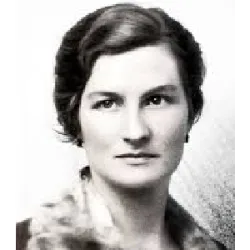Easter in Orthodox Christianity

In Orthodox Christianity, the date of Easter is determined based on the Julian calendar, which means that the celebration usually occurs one or two weeks after Easter, as celebrated by Western churches. This is because the older Julian calendar has a slight discrepancy with the Gregorian calendar, which is used by the Catholic and Protestant churches. This discrepancy is the result of a difference of approximately 11 minutes per year, which, over 128 years, adds up to a difference of one day.
In addition, the Orthodox Church follows the lunar cycle to determine the date of Easter, but with the particularity of ensuring that the celebration only takes place after the Jewish Passover, in accordance with the biblical narrative. This means that, unlike Western tradition, Orthodox Easter is always celebrated on the first Sunday after the first full moon that occurs after the spring equinox.
This difference in calculating the date reflects the different traditions within Christianity, with the Orthodox Church preserving older liturgical practices. The variation in dates between the two Easters illustrates how different calendars and historical customs continue to influence religious celebrations around the world.
Did you know?












